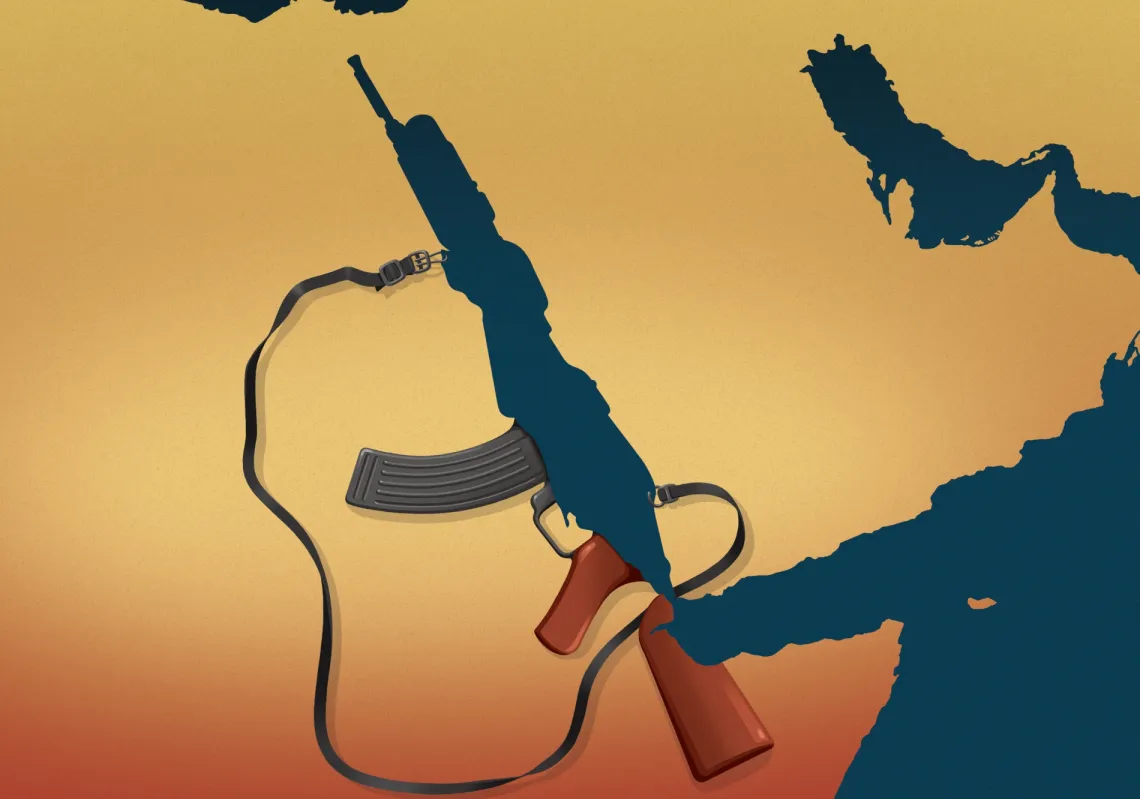Inflation in Turkey jumped to 17.5 percent last June, after it was 16.6 percent in May, surpassing expectations. The year-end inflation forecast from the Turkish Central Bank was 12.2 percent, at a time when Turkish President Recep Tayyip Erdogan repeated talk of a conspiracy targeting his country's economy.
Narrowing the gap between inflation and interest rates has led to lower returns on bank deposits denominated in lira, and this put pressure on the value of the national currency as the Turks used to maintain their savings in US dollars, euros and gold. The lira fell to a record high above 8.8 per dollar at the beginning of June as a result.
The currency is expected to trade at 8.99 to the dollar by the end of the year, according to a survey conducted by the central bank last week.
Well-known economist and financial expert Hayri Kozanoğlu said, "Consumer price inflation is 17.5 percent. But producer prices increased by 42.9 percent annually, which will make upward pressure on consumer prices especially via depreciating Turkish lira. Among the public, the reality is assumed to be higher than official figures".
He added also: “High inflation increases the dollarization tendency. Households and firms tend to buy foreign currencies to protect themselves against inflation. Also in inflationary environments people tend to purchase goods and services immediately. This behavior feeds inflation too.”
"The general assumption that inflation and unemployment have an inverse relationship proved to be incorrect. Because to be able to prevent inflation’s further increase, the most effective instrument is high interest rates. But if you increase the interest rates, then investments slow, then unemployment rises. This is just the situation which the Turkish economy suffers in recent years. High inflation and high unemployment," he added.
The economist also noted that: “Turkey has a structural unemployment problem. Even though the economy grows, unemployment continues to be high, especially among women and youngsters. Then people accept insecure, low paid jobs and the bargaining power of labor against capital weakens. This is just the situation in Turkey: low wages and high unemployment.”
On the other hand, the Central Bank of the Republic of Turkey “CBRT” (or Türkiye Cumhuriyet Merkez Bankası “TCMB”) reported that average economic growth forecasts this year rose to 5.8 percent from 4.9 percent in June. The estimate increased from 3.9 percent in January.
High inflation has caused fears among foreign investors, some of whom have already started moving their investments out of Turkey.
Goldman Sachs has reduced its forecast for interest rate cuts by the CBRT until the end of the year and increased its inflation estimates following a higher-than-expected reading last June.
A Central Bank survey published less than two weeks ago showed that Turkey's annual inflation forecast deteriorated for the sixth consecutive month.
Consumer price inflation could reach 15.6 per cent by the end of the year, according to the average forecast in the monthly survey of finance industry specialists and business leaders. The estimate was 14.4 percent in June and 11.2 percent in January.
The current Governor of the Central Bank of the Republic of Turkey, Şahap Kavcıoğlu, has kept interest rates unchanged at 19 percent since his appointment last March, even as inflation accelerated.
However, the Turkish president continues to flee from the real causes of his country's economic crisis, according to the two largest opposition parties, the Republican People's Party, which is the main opposition party, and the pro-Kurdish Peoples' Democratic Party.
Erdogan, who also leads the ruling Justice and Development party, usually talks of malicious plots and attacks targeting his country's economy in every financial crisis Turkey faces.
More than a week ago, the Turkish president claimed that his country had foiled attacks on its economy aimed at "kneeling" Turkey. He linked the motives of what he described as the attacks to the failed coup attempt against his rule which took place in July of 2016.
The Turkish president told the members of his ruling party that "there are games managed through the triangle of exchange rates, inflation and interest rates. This game has the same goal of bringing the economy into crisis as the twisted goal behind the July 15 (attempted coup)."
He also added that: “His government could take ‘supportive new steps’ in the coming period to mitigate the impact of the coronavirus pandemic.”
The Turkish President also stressed that every effort should be made to resolve the economic crisis before the presidential and parliamentary elections scheduled for his country in 2023.
Jiwan Soz is a researcher and journalist who focuses on Turkish affairs and minorities in the Middle East. He is also a member of Syndicat National des Journalistes (National Syndicate of Journalists [SNJ]).










